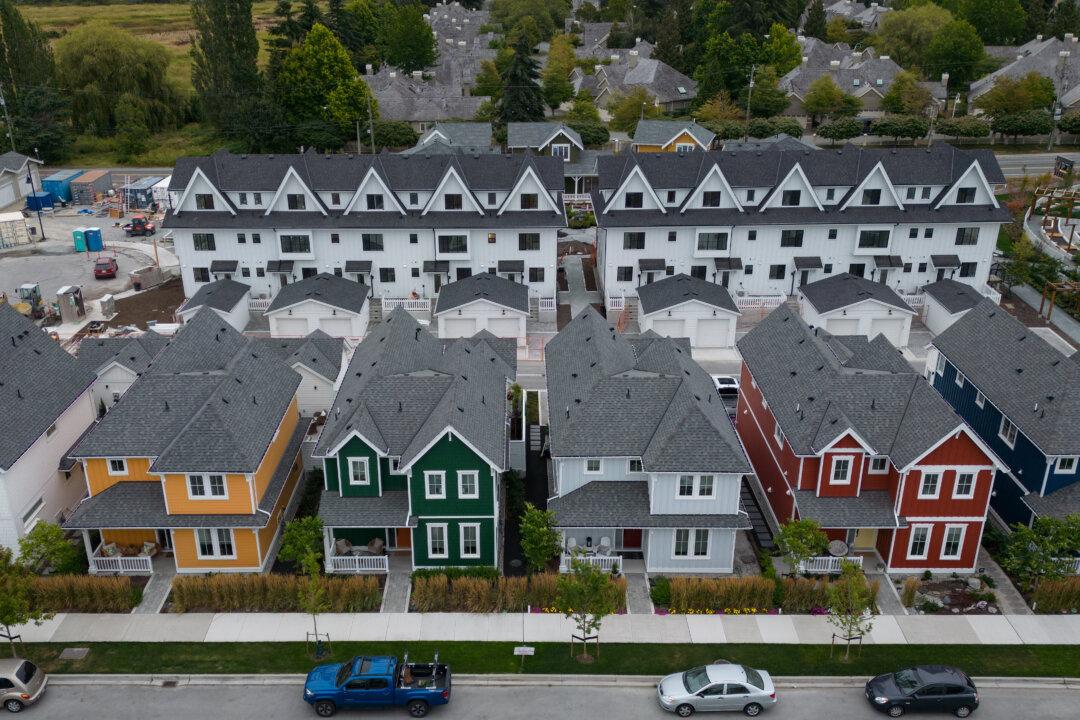Vancouver ranks as the least affordable city for homeownership in Canada and is the fourth least-affordable globally, a recently released report on housing costs suggests.
The international report, conducted by the Center for Demographics and Policy at Chapman University in California and published by the Frontier Centre for Public Policy, studied housing costs in the third quarter of 2024 in major cities across eight nations. It found that the least affordable market was Hong Kong, followed by Sydney, San Jose, and Vancouver.





